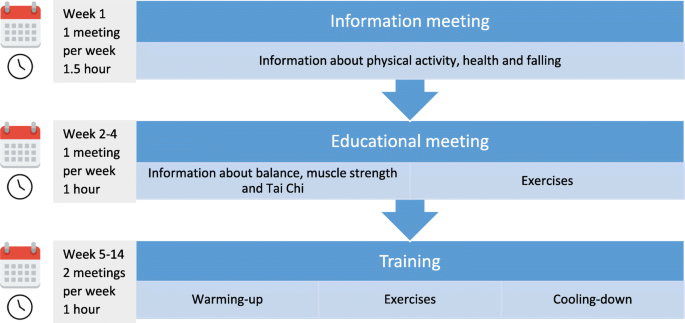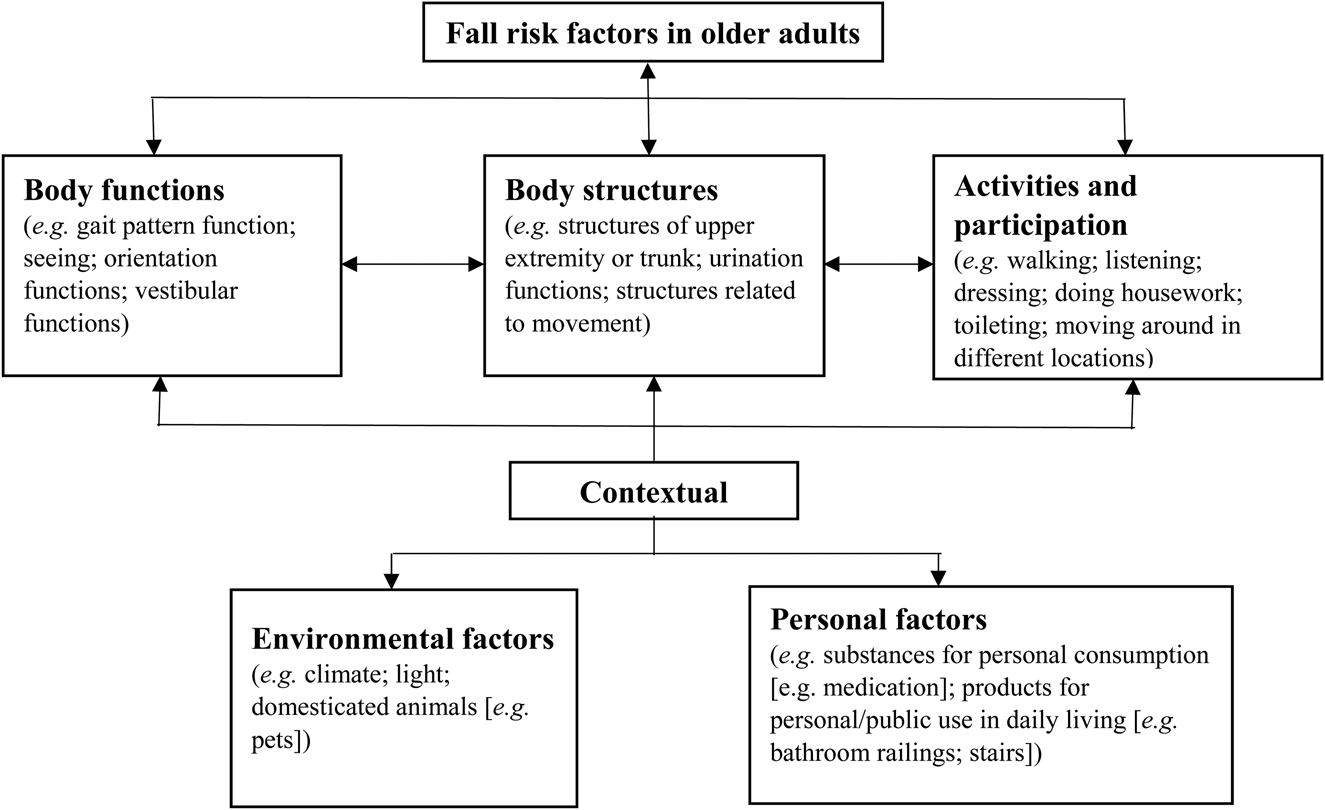How Dementia Fall Risk can Save You Time, Stress, and Money.
How Dementia Fall Risk can Save You Time, Stress, and Money.
Blog Article
The 45-Second Trick For Dementia Fall Risk
Table of ContentsTop Guidelines Of Dementia Fall RiskA Biased View of Dementia Fall RiskThe Single Strategy To Use For Dementia Fall RiskThe Only Guide to Dementia Fall RiskNot known Details About Dementia Fall Risk
Analyzing loss threat aids the whole healthcare team establish a safer atmosphere for each and every patient. Ensure that there is a marked area in your clinical charting system where personnel can document/reference scores and document pertinent notes associated with drop avoidance. The Johns Hopkins Autumn Danger Evaluation Tool is just one of lots of devices your staff can make use of to assist prevent damaging medical occasions.Client falls in medical facilities are typical and debilitating unfavorable occasions that linger in spite of decades of initiative to reduce them. Improving interaction across the analyzing nurse, treatment group, individual, and client's most included pals and family might strengthen autumn avoidance efforts. A group at Brigham and Women's Healthcare facility in Boston, Massachusetts, sought to develop a standard loss prevention program that focused around boosted interaction and person and household engagement.

The advancement team emphasized that effective application relies on person and team buy-in, integration of the program right into existing process, and integrity to program processes. The team noted that they are grappling with how to ensure continuity in program application throughout periods of crisis. Throughout the COVID-19 pandemic, for example, an increase in inpatient falls was related to limitations in individual involvement in addition to restrictions on visitation.
4 Simple Techniques For Dementia Fall Risk
These occurrences are normally thought about avoidable. To implement the treatment, companies require the following: Accessibility to Fall pointers sources Autumn ideas training and re-training for nursing and non-nursing team, including new nurses Nursing workflows that enable patient and family interaction to perform the drops evaluation, make sure use of the avoidance plan, and perform patient-level audits.
The outcomes can be highly detrimental, usually speeding up patient decline and triggering longer hospital stays. One research study approximated keeps boosted an added 12 in-patient days after a person fall. The Fall TIPS Program is based on interesting clients and their family/loved ones across three primary procedures: analysis, individualized preventative treatments, and bookkeeping to ensure that clients are taken part in the three-step autumn avoidance procedure.
The patient evaluation is based on the Morse Fall Scale, which is a verified autumn threat analysis device for in-patient medical facility settings. The range consists of the 6 most usual reasons patients in healthcare facilities drop: the individual loss background, risky problems (consisting of polypharmacy), use IVs and various other exterior tools, psychological standing, stride, and flexibility.
Each risk factor links with one or more workable evidence-based treatments. The registered nurse produces a plan that integrates the interventions and shows up to the treatment group, individual, and family members on a laminated poster or published visual help. Registered nurses create the strategy while meeting the patient and the person's family members.
The 10-Second Trick For Dementia Fall Risk
The poster functions as an interaction device with other members of the individual's treatment team. Dementia Fall Risk. The audit component of the program consists of evaluating the client's expertise of their danger elements and avoidance plan at the device and hospital degrees. Nurse champs conduct a minimum of five specific meetings a month with individuals and their families to check for understanding of the loss prevention strategy

A projected 30% of these falls result in injuries, which can vary in severity. Unlike other negative occasions that call for a standardized scientific response, autumn avoidance depends very on the requirements of the individual.
A Biased View of Dementia Fall Risk

Based upon bookkeeping outcomes, one site had 86% compliance and 2 websites had over 95% conformity. A cost-benefit evaluation of the Fall TIPS program in eight hospitals approximated that the program expense $0.88 per patient to apply and led to cost savings of $8,500 per 1000 patient-days in straight expenses connected to the avoidance of 567 falls over 3 years and eight months.
According to the innovation group, organizations curious about executing the program needs to carry out a readiness click over here evaluation and drops prevention voids analysis. 8 In addition, organizations need to guarantee the essential facilities and process for implementation and establish an application strategy. If one exists, the company's Loss Prevention Task Force need to be associated with preparation.
Getting My Dementia Fall Risk To Work
To begin, companies need to make certain conclusion of training components by nurses and nursing assistants - Dementia Fall Risk. Healthcare facility team should assess, based upon the demands of a healthcare facility, whether to utilize a digital wellness record printout or paper version of the loss prevention plan. Applying teams need to recruit and educate registered nurse champs and develop procedures for bookkeeping and coverage on autumn information
Staff need to be associated with the process of revamping the process to engage individuals and family members in the analysis and avoidance strategy process. Systems ought to be in place to make sure that units can comprehend why a loss took place and remediate the reason. A lot more especially, nurses must have channels to offer ongoing feedback check my reference to both staff and unit management so they can change and enhance fall prevention operations and original site connect systemic problems.
Report this page